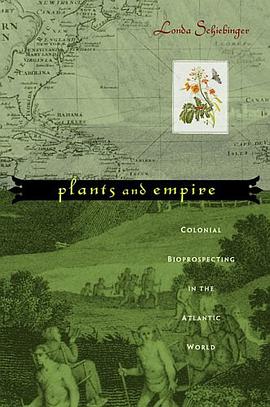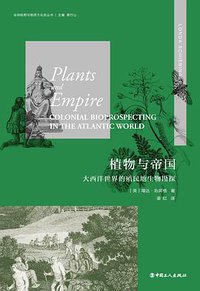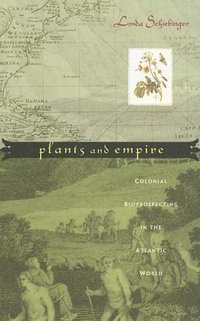Plants and Empire
豆瓣
Colonial Bioprospecting in the Atlantic World,
Londa Schiebinger
简介
Plants seldom figure in the grand narratives of war, peace, or even everyday life yet they are often at the center of high intrigue. In the eighteenth century, epic scientific voyages were sponsored by European imperial powers to explore the natural riches of the New World, and uncover the botanical secrets of its people. Bioprospectors brought back medicines, luxuries, and staples for their king and country. Risking their lives to discover exotic plants, these daredevil explorers joined with their sponsors to create a global culture of botany. But some secrets were unearthed only to be lost again. In this moving account of the abuses of indigenous Caribbean people and African slaves, Schiebinger describes how slave women brewed the �peacock flower� into an abortifacient, to ensure that they would bear no children into oppression. Yet, impeded by trade winds of prevailing opinion, knowledge of West Indian abortifacients never flowed into Europe. A rich history of discovery and loss, Plants and Empire explores the movement, triumph, and extinction of knowledge in the course of encounters between Europeans and the Caribbean populations.
contents
Acknowledgments
Introduction
“The Base for All Economics”
Plan of the Book
1. Voyaging Out
Botanistes Voyageurs
Maria Sibylla Merian
Biopirates
Who Owns Nature?
Voyaging Botanical Assistants
Creole Naturalists and Long-Term Residents
Armchair Botanists
The Search for the Amazons
Heroic Narratives
2. Bioprospecting
Drug Prospecting in the West Indies
Biocontact Zones
Secrets and Monopolies
Drug Prospecting at Home
Brokers of International Knowledge
3. Exotic Abortifacients
Merian’s Peacock Flower
Abortion in Europe
Abortion in the West Indies: The Colonial Sexual Economy
Abortion and the Slave Trade
4. The Fate of the Peacock Flower in Europe
Animal Testing
Self Experimentation
Human Subjects
Testing for Sexual Difference
The Complications of Race
Abortifacients
5. Linguistic Imperialism
Empire and Naming the Kingdoms of Nature
Naming Conundrums
Exceptions: Quassia and Cinchona
Alternative Naming Practices
Conclusion: Agnotology
Notes
Bibliography
Index

